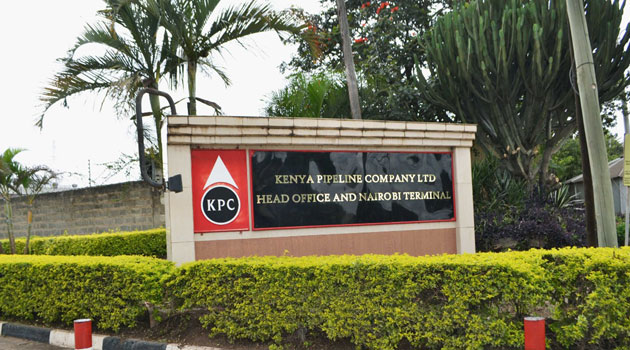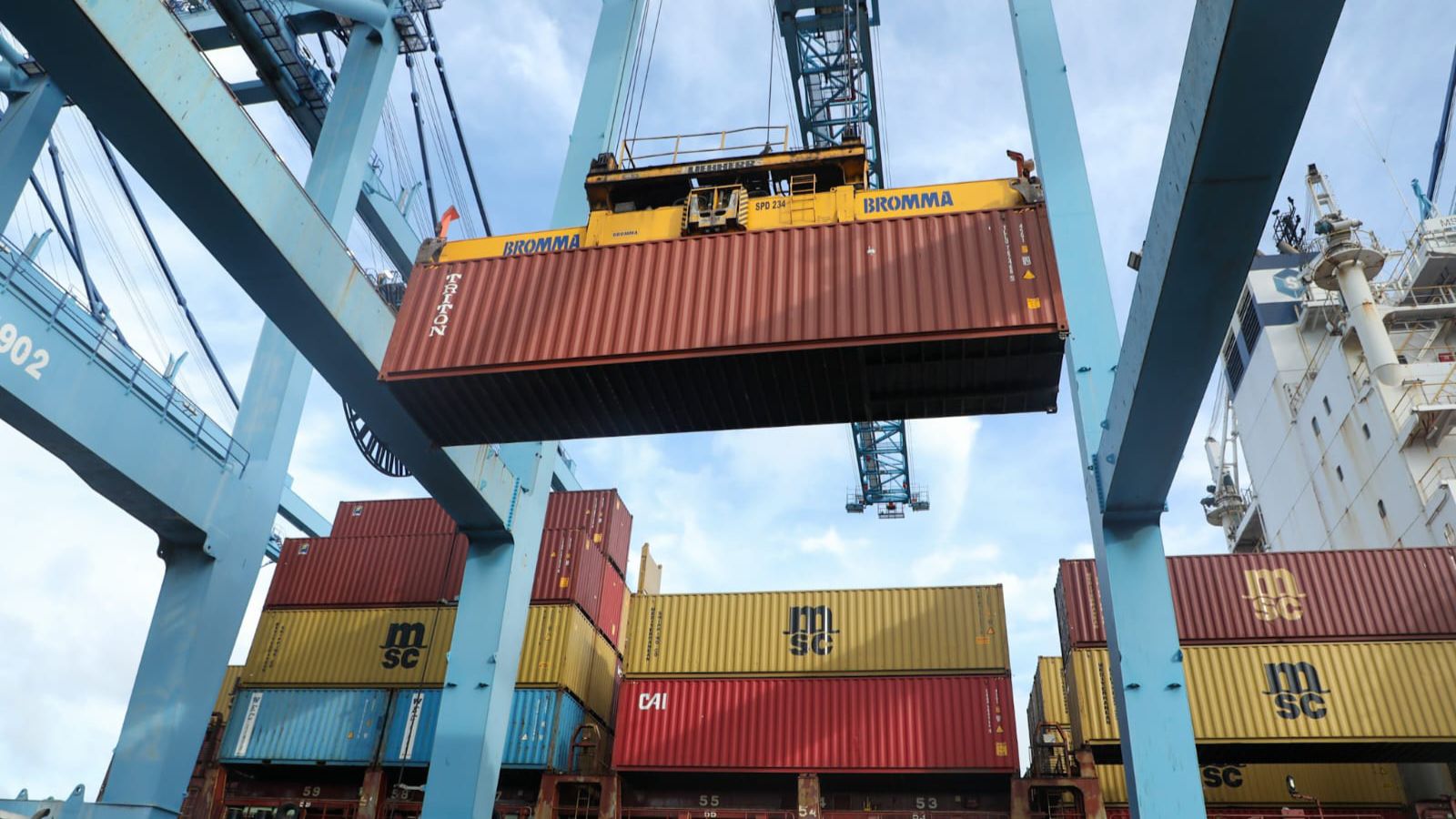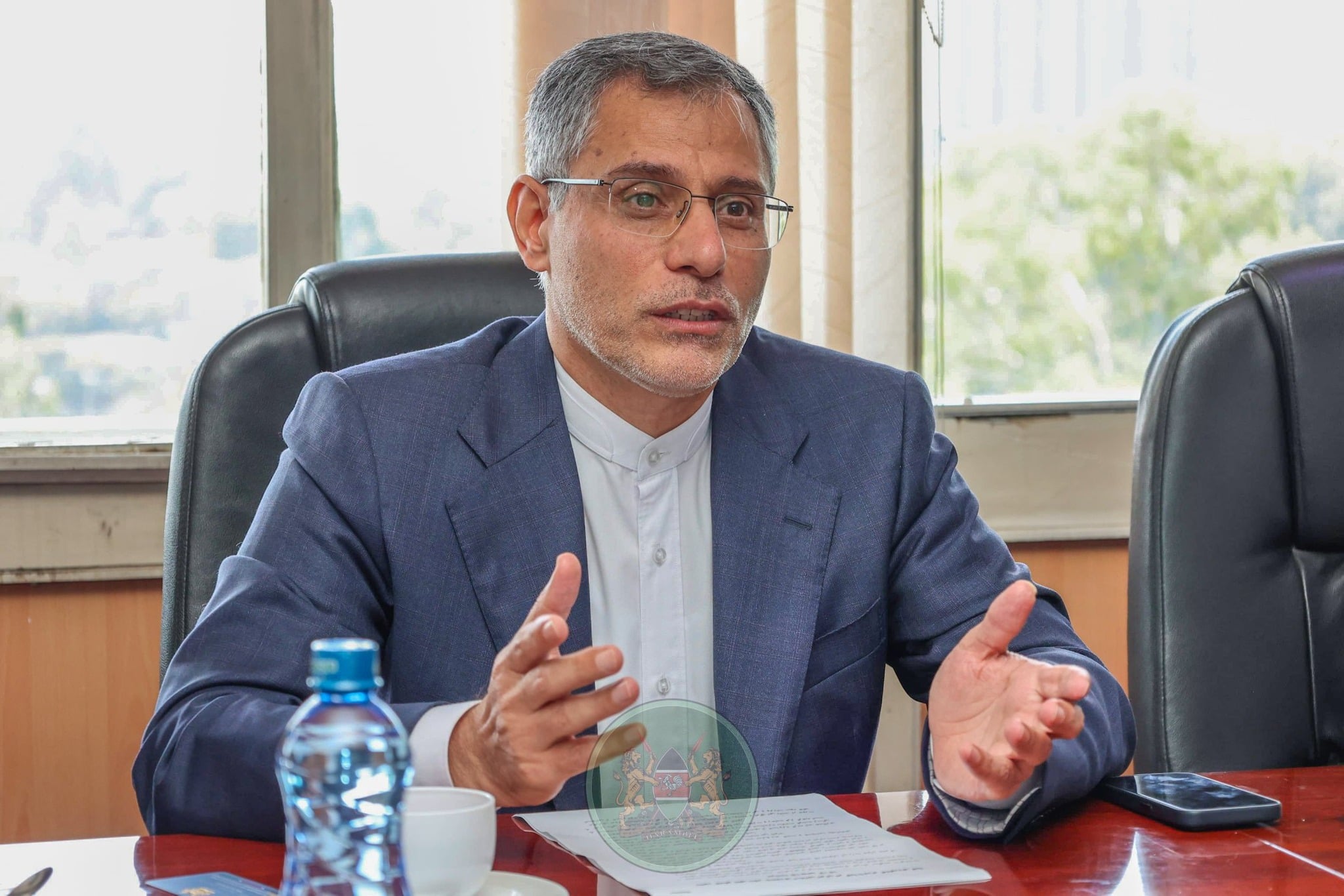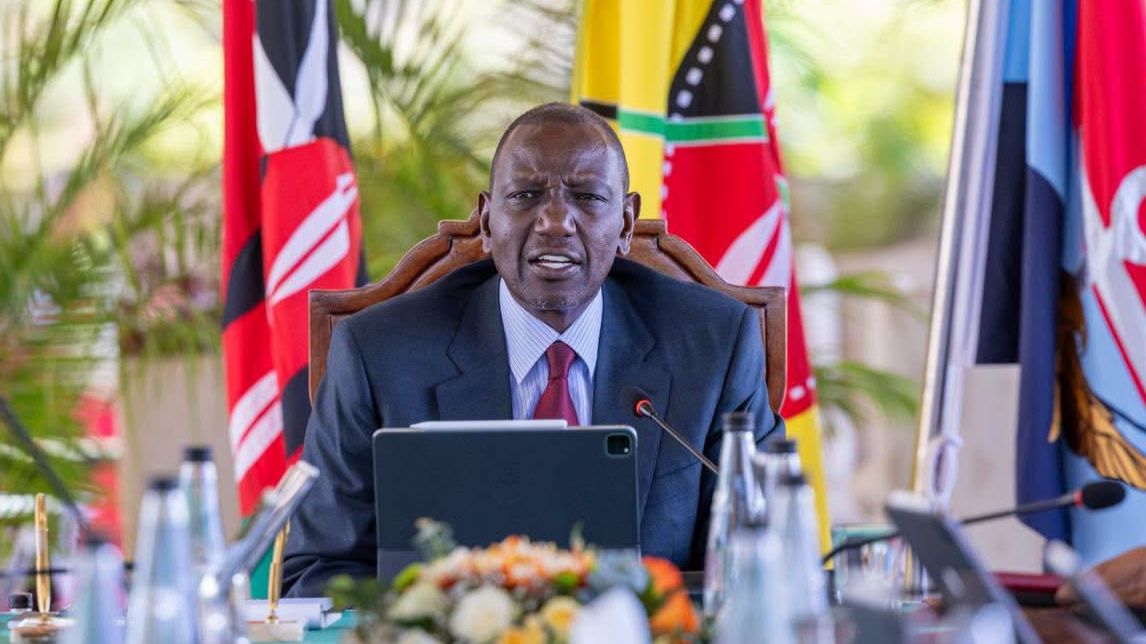The government has set March 31, 2026, as the completion date for the privatization of the Kenya Pipeline Company (KPC).
In a notice on Thursday, October 9, Privatization Commission Chairman Faisal Abass confirmed that the process has cleared all major procedural and legal hurdles following cabinet and parliamentary approvals.
"Following the approval of the Privatization Method for the Kenya Pipeline Company (KPC) Limited (hereinatter referred to as the Company) by the Cabinet, the subsequent tabling of the requisite Report in the form of a Sessional Paper before the National Assembly by the Cabinet Secretary for the National Treasury and Economic Planning, and the approval thereof by the National Assembly on 1st October 2025, and in accordance with the provisions of Section 30 of the Privatization Act, 2005, the Privatization Commission hereby gives notice of the approved transaction," the notice read.
According to Abass, the objectives of the privatization include ensuring that the process delivers both economic and social impact while promoting wider participation in Kenya’s capital markets.
He said the move presents a strategic opportunity to unlock the company’s full potential while ensuring broad national benefits.
Read More
It is also aimed at enabling the government to raise funds budgeted for the 2025/2026 financial year, which are required to implement key economic and social objectives.
Additionally, the plan seeks to empower ordinary Kenyans to own a stake in one of the country’s most profitable and strategic enterprises, thereby promoting inclusive economic growth and strengthening transparency and corporate governance through stock exchange listing and regulatory oversight.
Abass added that the privatization is also expected to enhance operational efficiency and drive innovation within the company.
He explained that proceeds from the transaction will support critical development priorities, reduce reliance on borrowing, and deepen Kenya’s capital market.
The process, he said, is also designed to balance economic empowerment, national interest, and institutional modernization in a way that benefits both the public and the wider economy.

Abass further confirmed that the transaction would be executed through the stock market, allowing Kenyan citizens and institutions to buy shares directly.
"In compliance with Section 25 (a) of the Privatization Act, 2005, the National Assembly has approved the privatization of Kenya Pipeline Company (KPC) Limited through an Initial Public Offer (IPO) of shares on the Nairobi Securities Exchange (NSE)," the notice added.
While approving the return of Kenya Pipeline to the privatisation programme, the Cabinet said the move is part of a policy shift by the government to reduce direct involvement in commercial enterprises and instead let private players take the lead.
"The Cabinet gave the green light for the reinstatement of Kenya Pipeline Company (KPC) into the privatisation programme, paving the way for partial divestiture of government shares in a move aimed at democratising ownership by Kenyans at the Nairobi Securities Exchange and unlocking the company’s full commercial potential.
"The decision reflects the government’s policy shift toward reducing its role in doing business and instead enabling the private sector and industry experts to drive growth, efficiency, and innovation," a report from the Cabinet read.
The Cabinet noted that although KPC is profitable, it is yet to achieve its full market potential due to management challenges in the public sector.
"KPC, a strategic player in Kenya’s energy supply chain, has maintained a strong profitability record and holds significant asset value. However, the Cabinet noted that the company has not yet reached its optimum performance and market value, largely due to bureaucratic constraints and public sector inefficiencies.
"Bringing in private capital and professional expertise is expected to inject new energy into the company, modernise operations, and position KPC as a regional logistics and energy powerhouse," the report further read.
The Cabinet also pointed out cases where privatisation improved the performance of state-owned enterprises.
"Cabinet was reminded that similar moves in the past have yielded transformative results. Safaricom, Kenya Commercial Bank, and KenGen are prime examples of formerly State-controlled entities that became high- performing companies following privatisation, driving shareholder value, expanding regionally, and creating thousands of jobs.
"The divestiture of KPC is expected to follow this path, boosting investor confidence and supporting the development of Kenya’s capital markets," the report stated.
Kenya Pipeline was incorporated in 1973 under the Companies Act (Cap 486) and started commercial operations in 1978.
Its core business is to safely and efficiently transport Motor Spirit Premium (MSP), Automotive Gas Oil (AGO), Jet A-1, and Illuminating Kerosene (IK).
Apart from the domestic market, the pipeline system serves the neighbouring countries of Uganda, Rwanda, the Eastern Democratic Republic of Congo, Northern Tanzania, Burundi, and Southern Sudan.
The company is currently wholly owned by the government, with 99.9% shareholding held by the National Treasury and 0.1% by the Ministry of Energy and Petroleum.





-1771737995.png)





